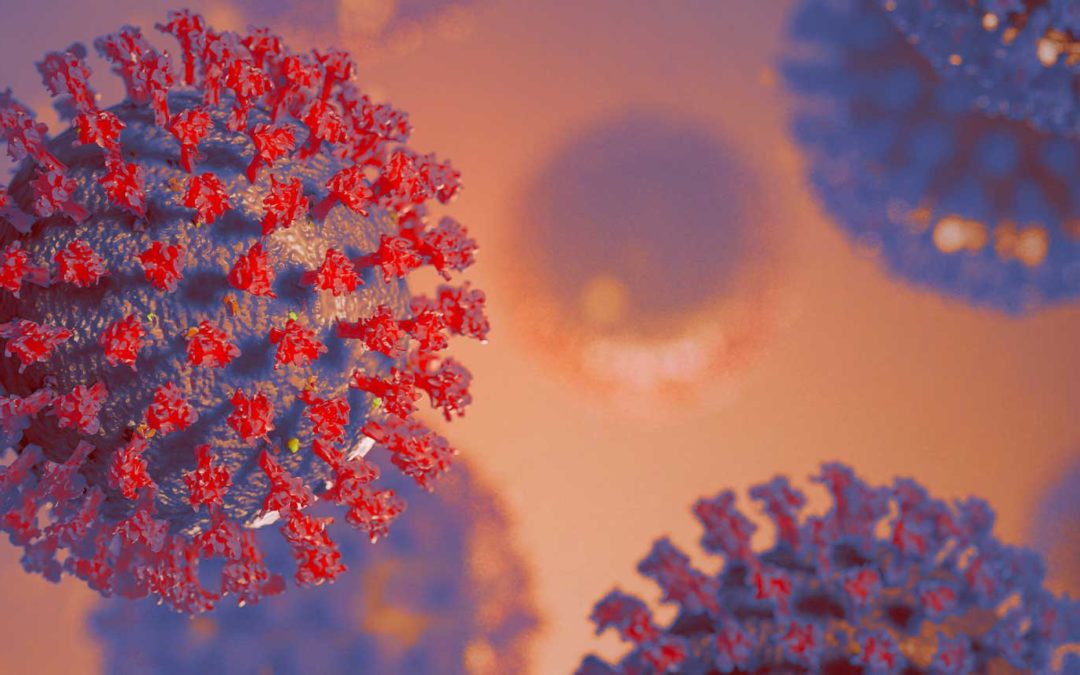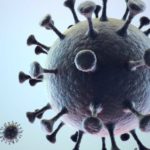“Neutralizing antibodies present in blood only contribute partially to protection. The lentiviral vector is now emerging as a promising vaccine candidate for intranasal administration to induce mucosal immunity with an almost sterilizing effect in two highly sensitive preclinical animal models.” Said Pierre Charneau, TheraVectys Founder and Chief Scientist Officer
At a time where vaccination campaigns are on-going at various pace depending on countries access to vaccines and sanitarian political choices, emerging of coronavirus mutations poorly or not controlled by commercialized vaccines remain one of the biggest threats today.
Since early February 2020, the Institut Pasteur- TheraVectys Joint Laboratory starts working on developing two vaccine candidates: a Sars-Cov2 vaccine and a universal vaccine. Therefore, TheraVectys is positioning on a second generation of vaccine that could generate a durable cellular response against the original Sars-Cov2 strain, existing and future variants.
Pre-clinical studies of TheraVectys Sars-Cov2 lentiviral vector vaccine candidate administered by nasal route have demonstrated its strong efficacy.
A prime and target vaccination regimen was applied, in which the immune response was initiated by a standard intramuscular vaccination, and then targeted into the respiratory tract through nasal instillation. A significant effect on protection was observed after challenge, with lung viral load reduced by a factor of >1,000, falling below the detection limit of an RT-PCR assay in most animals tested. In parallel to drastic viral load reduction, pulmonary inflammation, tissue injury and cytokine storm were also completely inhibited.
Design of an upcoming Phase I clinical trial of its prophylactic vaccine candidate is underway. It will target vaccinated and immunized population.
Also, leveraging on more than 25 years experiences in infectious disease gathered within Pasteur – TheraVectys Joint Laboratory, TheraVectys is developing pan-viruses’ vaccines also called lentiviral vectors “universal vaccines” to protect individuals against coronaviruses stems and their future mutations. This approach is duplicable to flaviviruses for which pan vaccine candidates are under development.
Related articles



